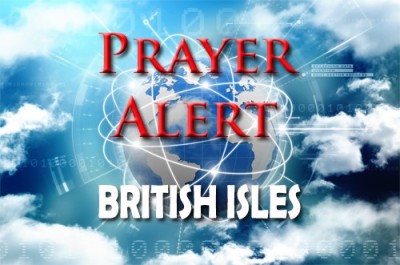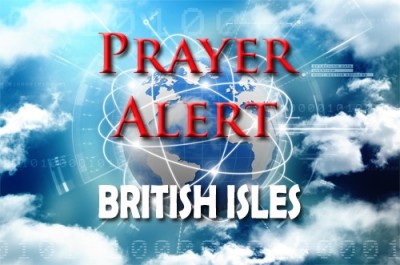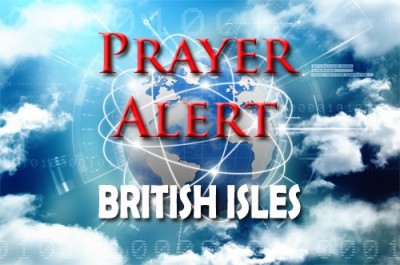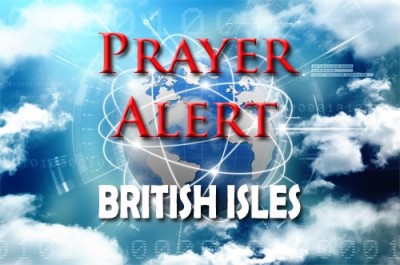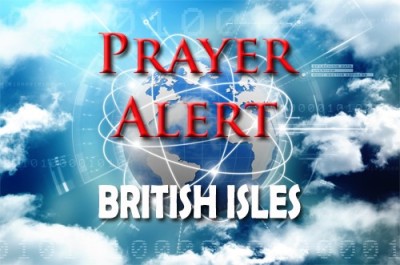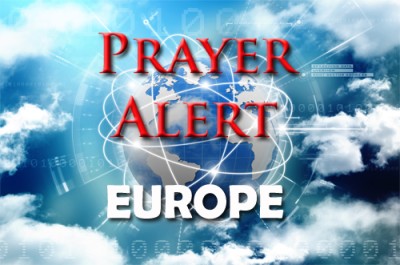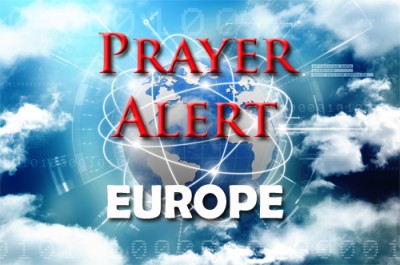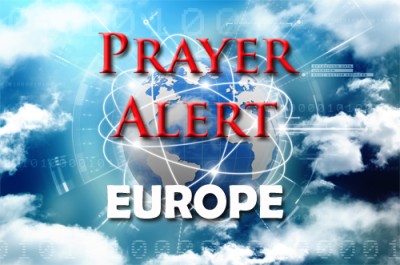In a landmark ruling, the Supreme Court has unanimously declared that the legal definition of 'woman' in the Equality Act 2010 refers to biological sex, excluding trans women from that category. The judgment arose from a case brought by campaign group For Women Scotland, challenging Scottish legislation aimed at increasing female representation on public boards. The Court ruled that equating legal gender recognition with biological sex would undermine the consistency of the act and create confusion in sex-based protections. Supporters of the ruling hailed it as a victory for safeguarding single-sex spaces such as changing rooms and shelters, and for providing clarity in public policy. Critics, however, warned that the ruling could erode protections for transgender individuals and increase social hostility. The court affirmed that transgender individuals remain protected under the act through the characteristic of gender reassignment, but cannot be considered biological women under the law. The decision deepens an already divisive debate across the UK and raises questions for policymakers on how to balance competing rights within a changing cultural landscape.
Vance tells Starmer to repeal hate speech laws
17 Apr 2025As UK-US trade talks progress under the Trump administration, pressure is mounting on Keir Starmer to roll back UK hate speech laws, particularly those protecting LGBT+ groups, as a precondition for a trade deal. US vice president JD Vance has reportedly made free speech a 'red line’, linking Britain’s legal stance on hate speech with broader concerns over the decline of Western civilisation and the erosion of civil liberties. The Biden administration had pursued a different tone, but now the USA is demanding that Britain repeal digital safety laws and abandon plans for online censorship, particularly after high-profile incidents involving arrests on social media and pro-life advocates. Labour leaders, however, have pushed back, stating hate speech laws are not part of the negotiations. While both governments hope to remove tariffs and foster growth in future industries like AI and biotech, this clash over values and legal protections presents a significant obstacle.
UK bans EU cheese and meat imports
17 Apr 2025The Government has introduced a temporary ban on travellers bringing cheese, meat, and dairy products from the EU, aiming to prevent the spread of foot-and-mouth disease. The new rules prohibit items such as cured meats and cheese - even in sandwiches - from being brought into the UK. The move follows a surge in foot-and-mouth cases in several European countries. The restrictions do not apply to Northern Ireland, the Channel Islands, or the Isle of Man. Products brought in will be seized and destroyed, with fines of up to £5,000 in serious cases. Exemptions are limited to certain medical and infant food products. Foot-and-mouth disease is a highly contagious virus affecting livestock. Although there are currently no cases in the UK, officials are acting with caution to avoid a repeat of the devastating 2001 outbreak, which led to the slaughter of over six million animals. Farming and food industry leaders have welcomed the move, calling for stronger biosecurity measures and a permanent legislative framework to protect British agriculture.
Plan for GPs to keep millions out of hospital
17 Apr 2025The Government is expanding its ‘Advice and Guidance’ scheme to help GPs provide quicker, community-based care and reduce hospital waiting lists. With £80 million in new funding, the goal is to assist two million patients, avoiding unnecessary referrals and offering more convenient treatment for conditions like menopause symptoms, ear infections, and irritable bowel syndrome. The scheme enables GPs to consult directly with hospital specialists before formally referring patients, allowing many to be treated locally. Health minister Karin Smyth says the initiative is part of 'rewiring the NHS’, reducing strain on hospital services while saving patients time. GP surgeries can also claim fees for each use of the system. While the scheme has been welcomed as a step in the right direction, health charities stress the importance of clear communication and patient choice. Medical groups say this must be paired with greater investment and long-term reform to truly safeguard the future of family doctor services.
In his 2025 Easter message, King Charles reflected on the paradox of human nature - how we are capable of both great cruelty and great kindness. He urged the nation and the world to return to the enduring Christian virtues of faith, hope, and love, declaring, 'The greatest of these is love’. His message comes amid global suffering and humanitarian crises, yet also amid acts of selfless courage and compassion. Quoting John 3:16, the King reminded listeners of God’s love in sending Christ to live among us and lay down his life - a love stronger than death. He also noted that Christ’s love transcends boundaries and is echoed across other faiths and in every heart that seeks the good of others. The King expressed admiration for humanitarian workers and noted the enduring message of Maundy Thursday, when Jesus humbly washed His disciples’ feet. Continuing the royal Maundy tradition, the King and Queen distributed symbolic coins in honour of those offering exceptional Christian service, underscoring his role as both monarch and servant leader.
France has announced the expulsion of twelve Algerian diplomats and recalled its ambassador from Algiers, in response to Algeria’s decision to expel twelve French consular staff. The tit-for-tat expulsions were triggered by the arrest of three Algerians including a consular official, charged with the 2023 kidnapping of political dissident Amir Boukhors - known online as ‘Amir DZ’ – and ‘terrorist’ conspiracy. Boukhrs, who was granted asylum in France, was abducted in a Paris suburb and released the next day. Algeria, which has issued nine international arrest warrants for Boukhors, is demanding his extradition on charges including fraud and terrorism. The incident threatens to undo months of renewed diplomacy between the two nations, after a period of simmering tensions caused by Emmanuel Macron’s support for Morocco’s autonomy plan for the disputed region of Western Sahara and his criticism of the jailing of French-Algerian writer Boualem Sansal.
The EU has proposed a new list of seven ‘safe countries of origin’ - Kosovo, Bangladesh, Colombia, Egypt, India, Morocco, and Tunisia - to fast-track asylum applications from citizens of those nations. The assumption is that most of these claims will be denied, allowing decisions within three months. The move is part of ongoing efforts to reform the EU’s asylum process, following the 2015–2016 migrant crisis and persistent low return rates (only 20% of rejected applicants are deported). The plan allows countries to process claims faster if fewer than one in five applicants from a specific country are granted protection. Countries applying for EU membership will also be presumed safe unless affected by war. Italy’s right-wing government welcomed the list, but human rights groups raised concerns, warning that these countries have documented abuses and lack full protections. The EU said that individual case reviews will still be required, despite the fast-track designation. The proposal awaits approval from both the European Parliament and member states.
At Barcelona Zoo, African elephants Susi (52) and Bully (40), and other older animals at the zoo, including a 15-year-old wolf and two 17-year-old big cats, are receiving specialised geriatric care designed to support their health and dignity in old age. These animals, many of whom cannot return to the wild, are cared for with treatments like arthritis support, nutritional supplements, mental health monitoring, and enriched habitats. This shift of emphasis reflects a broader transformation in the role of zoos: from spectacle to sanctuaries focused on conservation, education, and lifelong animal welfare. Following the death of their long-time companion Yoyo, (54), Susi and Bully initially stopped eating but have since formed a closer bond. The zoo is now working with the University of Barcelona to study these reactions, hoping to deepen their understanding of animal grief.
